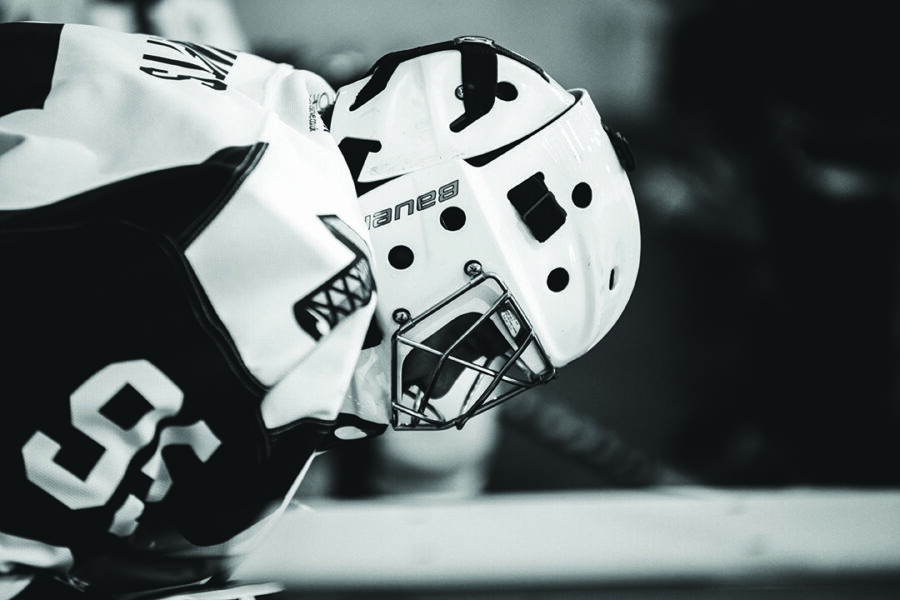
One Hockey Players Battle with Mental Health
- Robert
- 04 Jan 2019
The importance of sharing your story and shifting the macho culture
In many ways, I am beyond grateful for what the sport of hockey has allowed me to accomplish. Over the years, I have built a career for myself that has included minor hockey championships, breaking junior hockey records, receiving a college scholarship, attending college hockey national championships, and playing 4 years of professional hockey.
Although I am proud of where the sport has taken me, I know that these accolades were not achieved without the constant cloud of off-ice issues that were swept under the rug for far too long.
The older I got, the more profound these issues became. As I look back on my career, I realise there were ample opportunities for me to deal with these issues. Unfortunately, like many athletes, I chose to ignore them out of the fear of seeming weak.
From the outside, the lifestyle of a professional hockey player can seem glamorous and desirable to the average person but most people only see the product of a hockey player on the ice – which to a player is the easy part. The hard part is the mental component behind closed doors that male athletes like myself, struggle with.
The anxieties and stresses that fluctuate daily can consume an athlete and through my time climbing the ranks it became evident that the male culture chooses to dismiss these negative effects. The sport of hockey has always carried this macho and physical identity, so discussing feelings and emotions that result from playing the sport were frowned upon.
Personally, I was always worried about what my coaches would think of me. I worried that sharing my struggles and anxieties would result in losing my spot in the lineup or even on the team. Would my teammates look at me differently? What would happen if players on other teams found out my mind wasn’t always as ‘tough’ as I portrayed myself to be on the ice? It seemed easier to suppress those thoughts and avoid having the tough conversations than attempting to express what was going on in my mind.
It wasn’t until my 3rd year of college when I experienced my first anxiety attack that I decided I needed to get help. All the years of riding the mental and emotional roller coaster that is hockey had finally caught up to me. If I wanted to continue doing what I loved, I needed to take action.
That action started with putting myself first and seeking counselling. For a long time, I kept the fact that I was regularly seeing a therapist to myself. In my mind, it was bad enough I was going to therpay, but to actually let people know I was struggling was an even scarier thought.
However, as time passed I became more aware of the number of people that struggle daily and who never receive treatment. It was around the same time that two retired hockey players had committed suicide weeks apart. I knew it would be only a matter of time that if players like myself didn’t start speaking out there would be more and more victims to mental illness.
To be honest, the decision to start speaking up about mental health was tough, but I needed to talk about my struggles in order to help change the stigma around sports. To me, that didn’t mean hosting conferences to discuss mental health or telling anyone who would listen that I struggle with anxiety – it was simply having conversations with teammates, sharing my story, and offering support to another teammate who may need someone to listen while they talk.
Over the last 4 years I have seen a drastic shift in the culture but can’t stress the importance of how much more talking and stigma breaking needs to be done. We need to keep the conversation going, to allow hockey players, athletes, and men in general to feel comfortable in their own skin when talking about their struggles with mental health.
The key to the transition for me was knowing I was not alone. I truly believe that if more players know that there are others dealing with the same issues, they will be more inclined to share their story. Sharing your story is the key to creating a ripple effect that will not only change the macho culture around hockey but also the male mental health culture in general.
Comments 0
There are no comments


Add comment